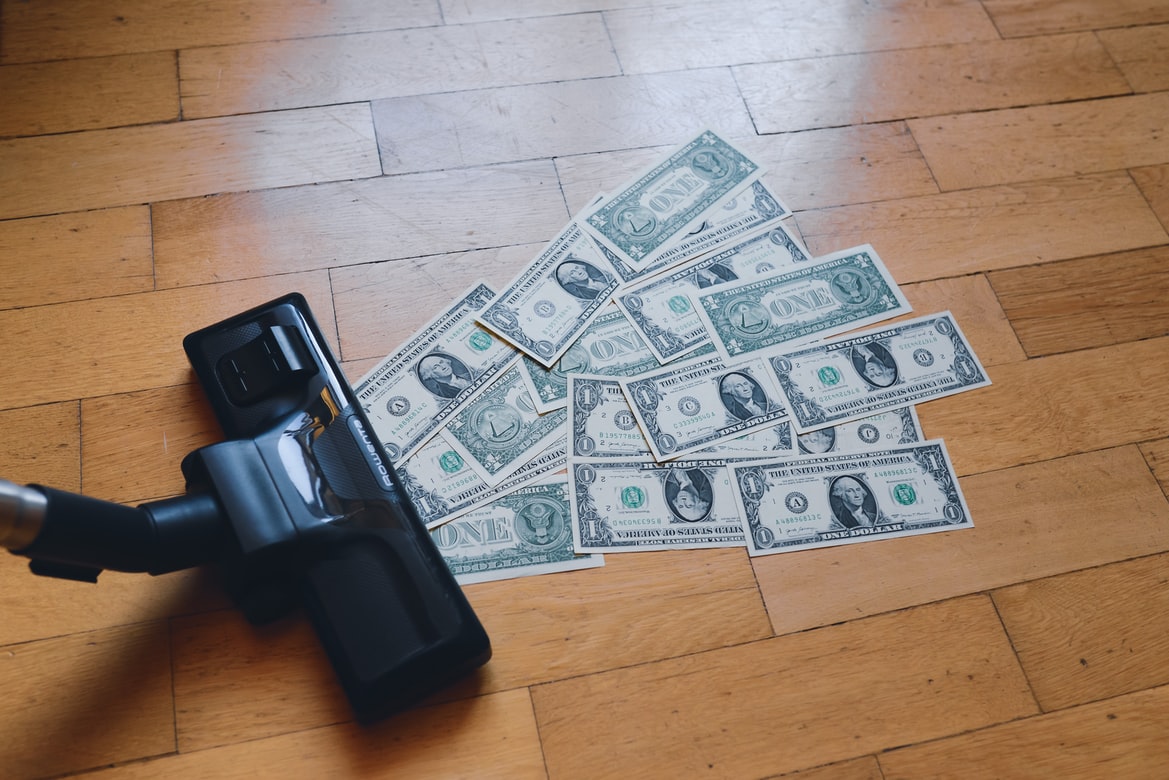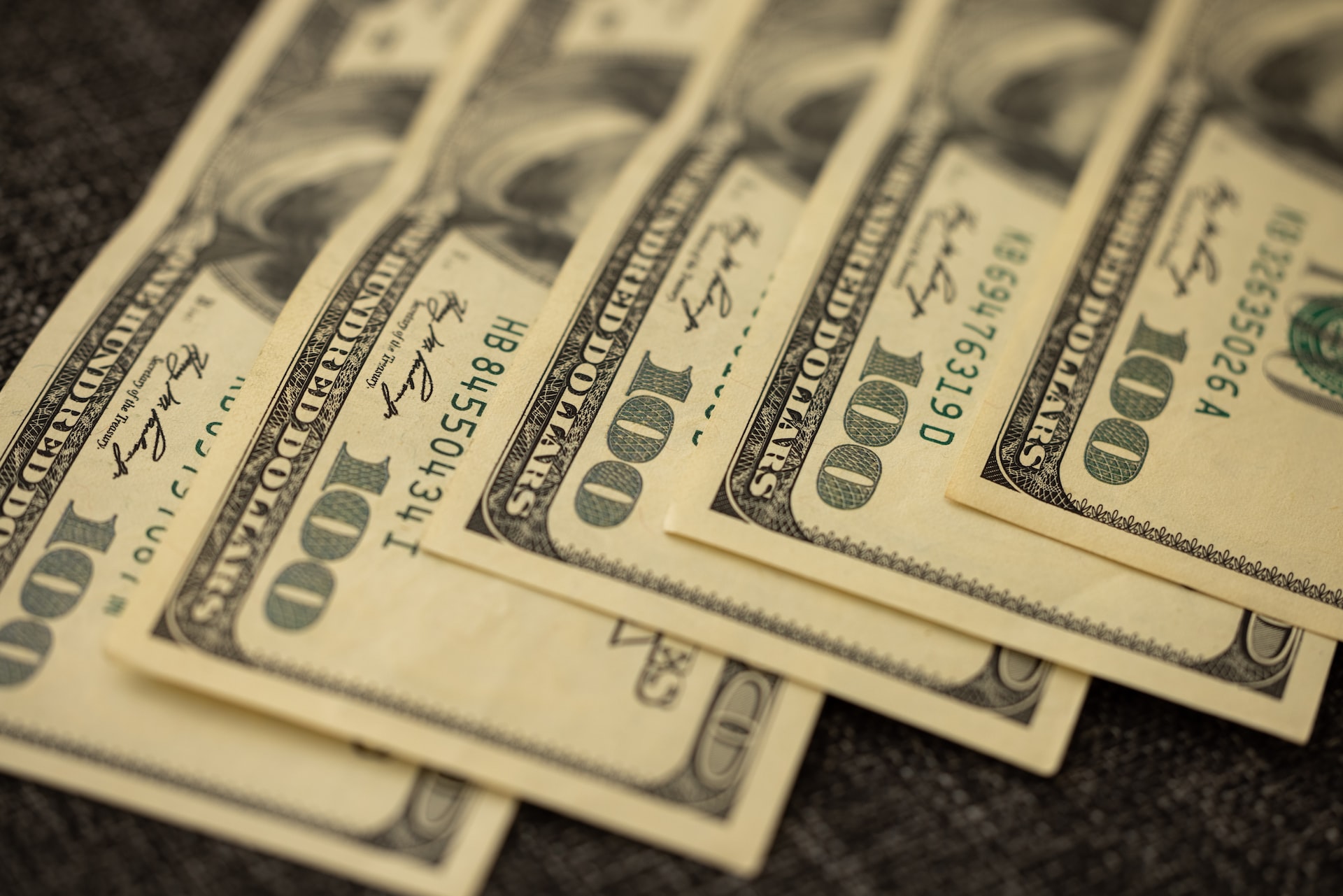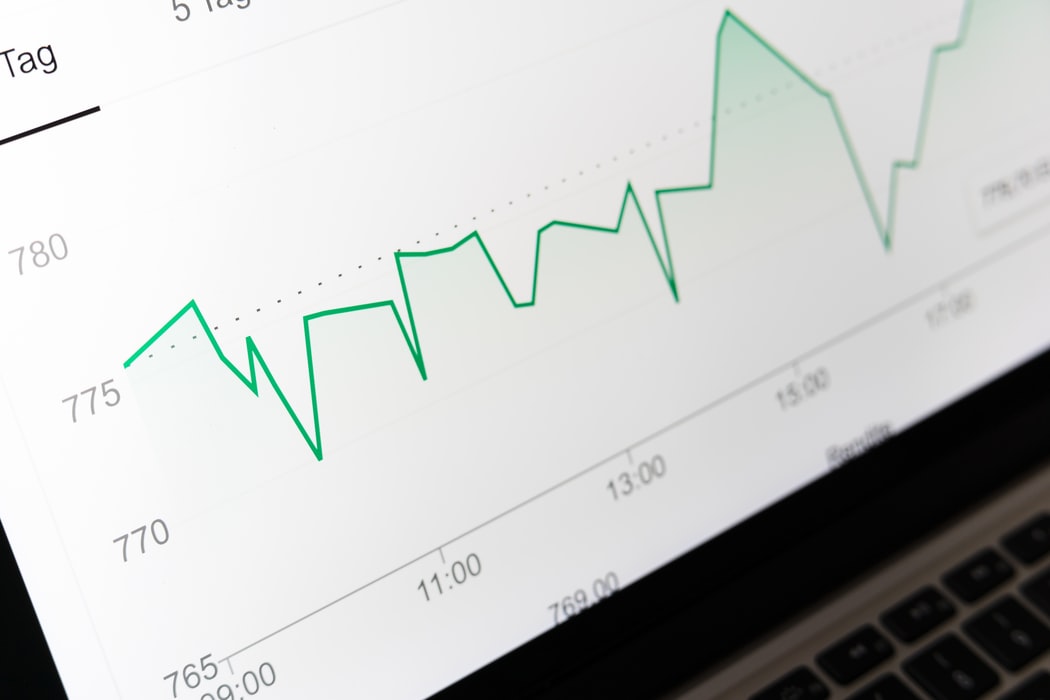
Mortgage makeover: Is it time for a refinance?
___
Published Date 8/30/2024
You bought a home 6 months ago, when rates were at their peak, and figured a refinance might be in order someday in the near future. The future may be now, as the Feds announce their intention to lower interest rates within the next month or so. But what does that really mean, and why would you go to all that trouble?
Refinancing a mortgage means replacing an existing loan with a new one, and there are several compelling reasons why homeowners might choose this path. Investopedia's Katie Miller explains that refinancing can help obtain a lower interest rate, reduce monthly payments, shorten the loan term, switch between adjustable-rate and fixed-rate mortgages, or tap into home equity for various financial needs.
However, Miller cautions that refinancing isn't always the best choice. Since it can cost between 5% and 7% of a loan's principal and requires an appraisal, title search, and application fees, homeowners should carefully consider their options before proceeding.
When contemplating refinancing, it's vital to look beyond mere mortgage rates. Your home equity plays a significant role, as many lenders won't refinance if you lack sufficient equity. Your credit history is equally important; a poor credit score may disqualify you from refinancing. Additionally, consider the refinancing costs, which are similar to those incurred with your original mortgage.
Miller advises homeowners to assess their debt-to-income ratio, the overall term of the refinance, and whether they qualify for refinance points to reduce the interest rate. It's also essential to consider how long you plan to stay in your home and whether the potential savings justify the cost of refinancing.
One of the most common reasons to refinance is to secure a lower interest rate. Historically, a 2% reduction in interest rate was considered worthwhile, but today, even a 1% savings can be beneficial. For instance, a $100,000, 30-year fixed-rate mortgage at 7% interest has a monthly principal and interest payment of $665. The same loan at 5% reduces the payment to $536, resulting in significant savings over time, relatively speaking.
Refinancing can also allow homeowners to shorten their loan term without dramatically increasing their monthly payments. For example, switching from a 30-year mortgage to a 15-year mortgage might increase monthly payments slightly but could save hundreds of thousands of dollars in interest over the life of the loan.
Another reason to refinance is to convert between adjustable-rate mortgages (ARMs) and fixed-rate mortgages. While ARMs often start with lower rates, they can lead to higher rates over time. Refinancing to a fixed-rate mortgage can provide protection against future interest rate hikes. Conversely, switching from a fixed-rate to an ARM might make sense for homeowners who don't plan to stay in their homes long-term.
Cash-out refinancing is another option that allows homeowners to tap into their home equity. In this scenario, the homeowner takes out a mortgage larger than their current loan, pays off the old mortgage, and keeps the difference in cash. This money can be used for various purposes, such as home improvements, education expenses, or debt consolidation. However, Miller warns that this option should be approached cautiously, as it increases the overall loan amount and extends the repayment period.
When considering refinancing, Miller says it's important to understand the tax implications. Mortgage interest on a primary residence is generally tax-deductible, up to certain limits. For married couples filing jointly, interest on up to $750,000 in mortgage debt is deductible; for single filers, the limit is $375,000. However, to claim this deduction, homeowners must itemize their deductions rather than take the standard deduction.
Mortgage points, a form of prepaid interest, are also deductible in refinancing. In most cases, Miller says, these must be spread out and deducted over the life of the loan. The exception is if the refinancing was used for home improvements on your primary residence; in that case, you may be able to deduct them in the year you paid them.
It's worth noting that the cash received from a cash-out refinancing is not typically considered taxable income because you have an obligation to repay it. However, if the lender later cancels the debt, that amount becomes part of your taxable income.
Your mortgage professional can walk you through weighing the potential benefits against the costs involved. Consider how long you plan to stay in your home and use mortgage calculators to compare your options. By carefully assessing your situation and understanding the implications of refinancing, you can make an informed decision that aligns with your long-term financial goals.
Investopedia, TBWS
All information furnished has been forwarded to you and is provided by thetbwsgroup only for informational purposes. Forecasting shall be considered as events which may be expected but not guaranteed. Neither the forwarding party and/or company nor thetbwsgroup assume any responsibility to any person who relies on information or forecasting contained in this report and disclaims all liability in respect to decisions or actions, or lack thereof based on any or all of the contents of this report.


Millenium Home Mortgage
Manager
NMLS: 51519
Millenium Home Mortgage LLC
1719 Route 10 East, Suite 206, Parsippany NJ
Company NMLS: 51519
Office: 973-402-9112
Email: connie@mhmlender.com

Millenium Home Mortgage
___
Manager
NMLS: 51519
Last articles
___

When good fences make bad neighbors
9/13/2024
When Bugs Bunny once said, “Of course you know: This means war,” it’s doubtful h... view more

Manufactured homes: A potential solution to the affordable housing crisis
9/10/2024
Tiny homes. Affordable housing projects. When it comes to solving America’s dile... view more

Small Business Optimism misses the mark
9/10/2024
The August NFIB Small Business Optimism Index dropped from 93.7 to...... view more

Housing market shift: Buyers gain edge as fall approaches
9/9/2024
As the summer housing market winds down, a new landscape is emerging for both bu... view more

Markets will be focused on CPI and PPI this week
9/9/2024
The main thoughts in trader’s minds, how much will the Fed lower the FF rate nex... view more

Injecting ‘feng shui’ into budget-friendly home makeover magic
9/6/2024
You see it, so you know others see it as well: Your uninspiring home office, you... view more

Green garages: Boosting home value with eco-friendly upgrades
9/3/2024
Creating a more environmentally friendly garage can increase a home's appeal and... view more

Three things that could impact rates this week
9/3/2024
These are the three areas that have the greatest ability to impact rates this we... view more

Mortgage makeover: Is it time for a refinance?
8/30/2024
Refinancing a mortgage means replacing an existing loan with a new one, and ther... view more

Conquering or lying low in today's market
8/27/2024
In today's housing landscape, buying a home can feel like scaling Mount Everest ... view more
Load more
 Millenium Home Mortgage LLC
Millenium Home Mortgage LLC





































